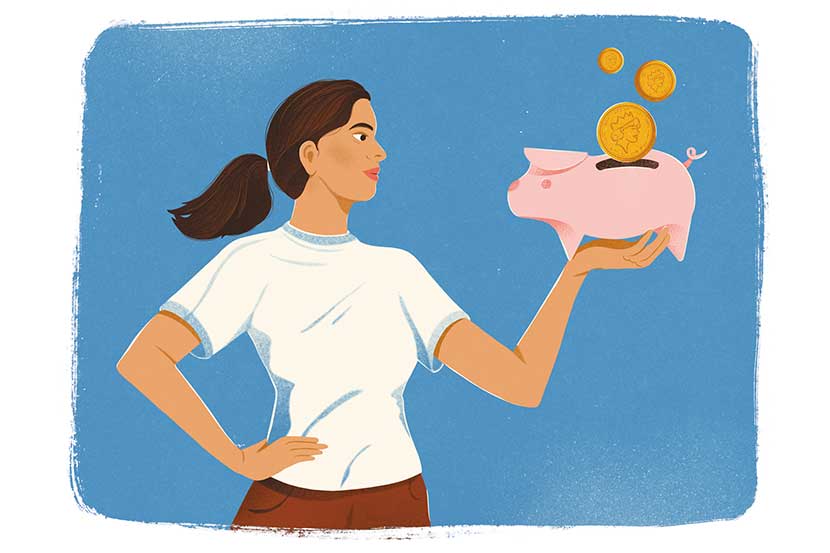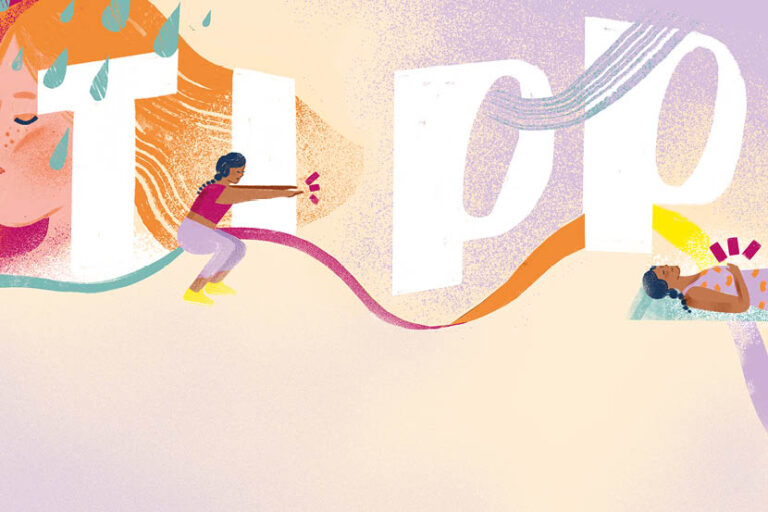
Effective money management is vital for stress reduction and improved mental health
No matter where you live or how you earn an income, the way in which you look after financial affairs can heavily impact your quality of life and mental wellbeing. According to a 2022 survey by Melbourne Institute, more than half of Australians reported just making ends meet or worse, with more than 90 percent of those financially stressed indicating that they have had one or more challenges in paying bills or putting food on the table. Life coach Barbara guides professionals in high-pressure situations and suggests that the main cause of anxiety, depression, and a sense of powerlessness when under financial stress is the apparent lack of control. ‘There are many things in life that [actually] can’t be controlled, for example, extreme weather. The key thing to realise here is that you do have a choice in how you handle your finances.’
For example, a common assumption is that those who appear fiscally savvy or stable are only this way because they earn a large salary, but this isn’t necessarily the case. Good money management depends on how you look after, save, and invest your cash. Whether your income allows you to live month to month or look beyond the short term, learning how to separate your finances into current supplies and future reserves can make a difference to how prepared you are for when the unexpected happens.
Take control
Being a financial planner might sound like a job for experts, but anyone can master the art by learning how to categorise expenditure in order of importance. It’s important to start by building up an emergency buffer of savings, in an easy-access account, in case of financial hardship. Ideally, this buffer will consist of three to six months’ worth of salary. For example, if you earn $5,000 per month, aim to have between $15,000 and $30,000 of savings in your buffer account. This is obviously a lot of money, but little and often, combined with some expert tips (see right), it does add up.
To work out how much to save each month, calculate your net income (what you have left after compulsory deductions, including tax). Then divide your spending into two categories: essential costs, for example, mortgage, food, utility payments, and petrol; and non-essential costs, clothes, meals out, movies, and other entertainment. Be strict, but don’t be harsh on yourself – for example, a gym membership could count as essential if it’s part of a healthcare routine. Once you have both lists ready, deduct the essential costs from your earnings to find out how much money you have left over each month. Use this to calculate an affordable amount to put into your buffer while still leaving scope for some sensible non-essential spending.
Debt and credit-card payments need to be looked at especially carefully. Sometimes it might be sensible to clear debt before building – or maintaining – a financial safety buffer, but this isn’t always the case. If you’re unsure, always seek independent advice.
Money-savvy tips
- Once you’ve established how much you intend to save each month, set up an automated payment so that the money leaves your account the day you get paid.
- Credit cards can be useful because they offer extra protection against fraud when buying products online. Choose one that benefits your lifestyle and needs.
- However, if using a credit card, make sure you aren’t spending more than you can afford. Only pay your card off in full each month if you’re able to do so. Zero- or low-interest options are also useful if you regularly have a rolling balance.
- An overdraft is a high-interest-rate facility and should only be used when absolutely necessary.
- Use banking apps and websites to view your accounts and finances regularly. This is the most efficient way to be fully aware of your spending and allows you to make quick adjustments.
- Always keep an eye on small spends, which add up quickly!


















